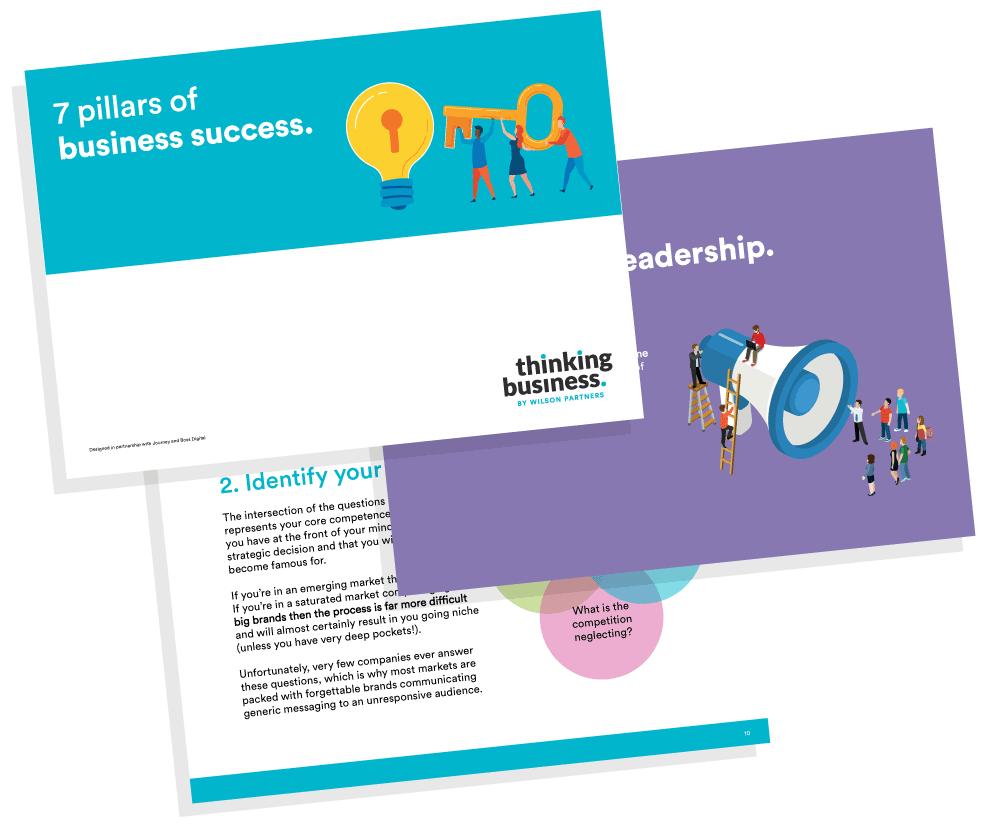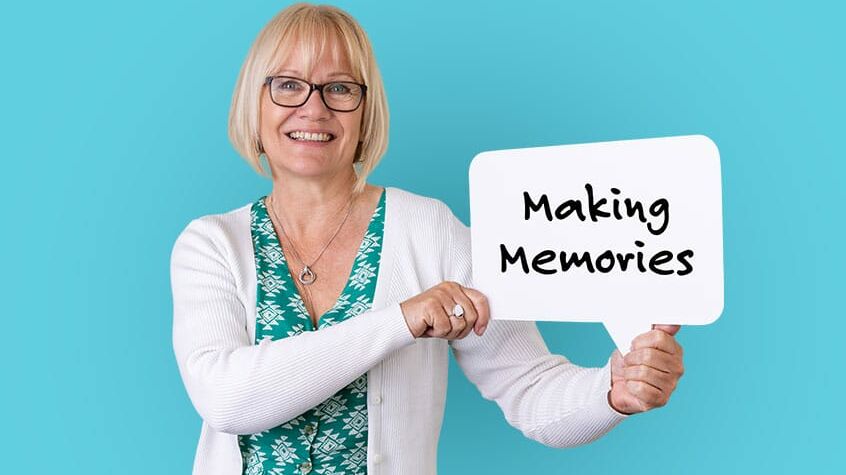
What is Making Tax Digital and how will it affect your business?
The Making Tax Digital (MTD) initiative was first announced by the Government in the Spring 2015 Budget and is yet to come into effect. The initiative will revolutionise the tax system – almost all businesses and certain individuals will be required to have a digital tax account and submit their tax returns quarterly rather than annually. This is a pioneering move for HMRC – the United Kingdom will be one of the very first countries to have a fully digital tax system. One of the key drivers of MTD is to reduce the amount of tax revenue lost through errors on tax returns, which HMRC estimates to be around £8bn per year.
The initiative is also being introduced to make paying tax simpler and more efficient. This seems like a logical move as our dependence on digital systems and infrastructures continues to increase. However, MTD has not been without its challenges; pioneering a new digital tax system means HMRC have no proven path to follow. Earlier this year HMRC released the outcomes of six consultations on the initiative, in which businesses, accountants and professional bodies were asked for their feedback. A number of concerns around the testing, implementation, and robustness of such a revolutionary system were raised, which culminated in HMRC revising the timelines for implementation.
Below we look at the key things that you need to know about MTD:
What is it?
According to the government, Making Tax Digital has four foundations:
1. “Better use of information”
Customers will be able to check and edit the information HMRC holds [about them]. HMRC will have the ability to obtain some information directly from other sources such as banks and employers.
2. “Tax in real time”
You will no longer have to wait until the end of the year to know how much tax you owe, instead this will be done in ‘real time’ to help increase efficiency and minimise errors.
3. “A single financial account”
By 2020 customers will be able to see a single comprehensive picture of their accounts for the first time.
4. “Interacting digitally with customers”
As well as more digitally-focused customer support such as webchats, HMRC’s systems will connect directly to digital record keeping software.
Key Deadlines
On 13th July, Mel Stride, Financial Secretary to the Treasury and Paymaster General, announced that the implementation timelines would be revised because “many have been worried about the scope and pace of reforms”. Under the new timetable, “only businesses with a turnover above the VAT threshold (currently £85,000) will have to keep digital records and only for VAT purposes” from 2019; “businesses will not be asked to keep digital records, or to update HMRC quarterly, for other taxes until at least 2020”.
Despite the revised timeframes, one thing is for sure: MTD is coming. It’s therefore important to ensure that your business is MTD-ready ahead of the deadline.
What does this mean for your business?
• Quarterly returns instead of annual returns
• A fully digital tax account and a ‘real time’ view of your tax
• You will need to use accounting software that integrates with HMRC’s systems
• If you are a VAT registered business, you will be required to submit your VAT returns via the MTD system as of April 2019
• Businesses and landlords that earn less than £10,000 per year, or those who cannot engage digitally, may be exempt from MTD, but this is yet to be confirmed.
In theory businesses set up for MTD will have greater visibility of their taxes and the ability to manage payments via a more accurate and efficient system. However, many people anticipate that the early phases of implementation will be time-consuming and resource-intensive as businesses and accounting firms adjust to submitting four tax returns per year, instead of one. This was one of the key reasons that the timelines were pushed back (as announced on July 13th).
What should you expect from your accountant?
Keeping clients updated on MTD has been a bit of a challenge because many details and timelines are yet to be confirmed. For example, HMRC have not yet confirmed what year MTD will come into effect for non-VAT registered businesses, but we know it will not be before 2020.
Once these deadlines have been confirmed, a great accountant will play a pivotal role in helping your business prepare for MTD and keeping you up-to-date with any changes and developments. Working with a forward-thinking firm that already uses cloud technology will help – if you’re already using cloud accounting and bookkeeping platforms, the transition to MTD should be easier as many of those platforms will integrate with the HMRC systems. If you don’t currently use cloud accounting in your business, an accounting firm with significant experience in using these products with their clients can help you to make the transition well before the Making Tax Digital initiative comes into effect.
Event
Webinar – Changes to the UK Trust Registration Service, May ’22
A short webinar and Q&A session with our Trust specialists Jodie Green and Sara Pedrotti. You can view the video and download the presentation here.

Download our free guide to the 7 pillars of business success
Read our free guide what you need to focus on to help you make better decisions and achieve your goals quicker.
Please complete our form to download the guide.
Sign up to receive alerts
Call us on 01628 770 770 for a no-obligation chat
You may also be interested in...
Meet the team in 90 seconds – Lesley Kibble
Introduce yourself Hi, I'm Lesley, outside of work I love to travel with my partner Lee and visit new places. I recently returned from Krakow, Poland…
Seeking investment: Getting your business fit for investment
Get your house in order before seeking finance, and you may not need it! Before looking for capital from external sources, it is paramount to ensure…
Meet the team in 90 seconds – Tom Bradbury
Introduce yourself Hi, I'm Tom and I am a Director in the Corporate Finance Team here at Wilson Partners. I started my career and did my training…




